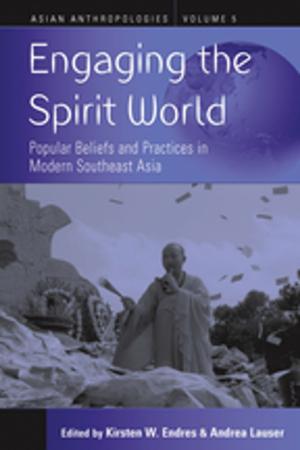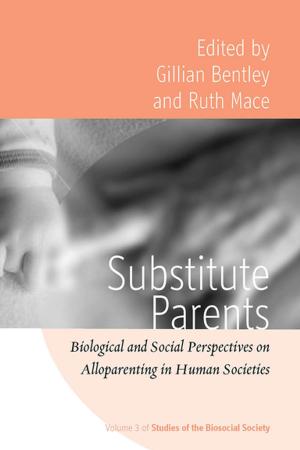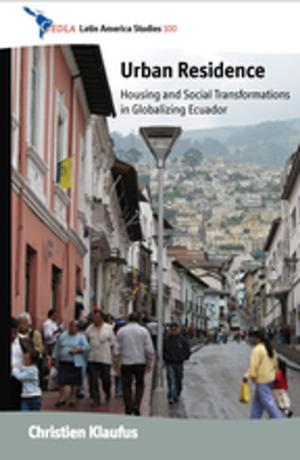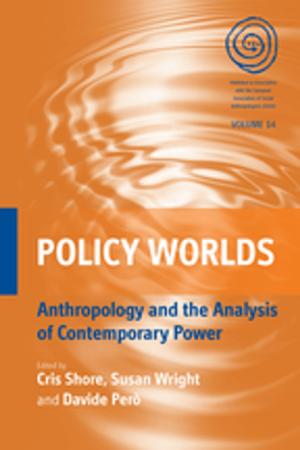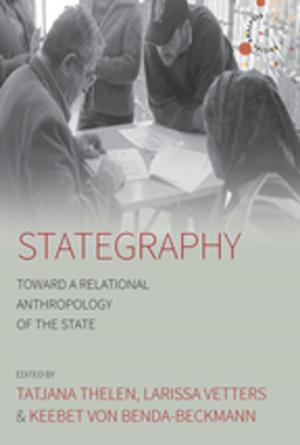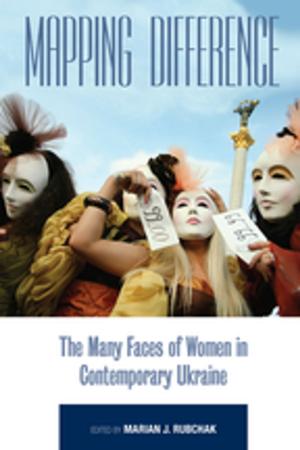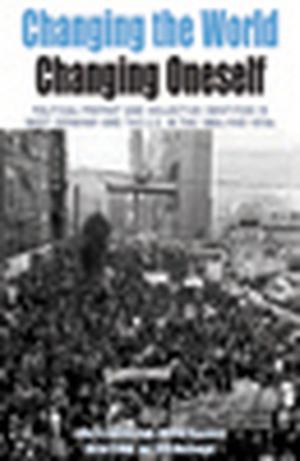Spirits and Letters
Reading, Writing and Charisma in African Christianity
Nonfiction, Social & Cultural Studies, Social Science, Anthropology, Religion & Spirituality| Author: | Thomas G. Kirsch | ISBN: | 9780857450104 |
| Publisher: | Berghahn Books | Publication: | May 1, 2008 |
| Imprint: | Berghahn Books | Language: | English |
| Author: | Thomas G. Kirsch |
| ISBN: | 9780857450104 |
| Publisher: | Berghahn Books |
| Publication: | May 1, 2008 |
| Imprint: | Berghahn Books |
| Language: | English |
Studies of religion have a tendency to conceptualise ‘the Spirit’ and ‘the Letter’ as mutually exclusive and intrinsically antagonistic. However, the history of religions abounds in cases where charismatic leaders deliberately refer to and make use of writings. This book challenges prevailing scholarly notions of the relationship between ‘charisma’ and ‘institution’ by analysing reading and writing practices in contemporary Christianity. Taking up the continuing anthropological interest in Pentecostal-charismatic Christianity, and representing the first book-length treatment of literacy practices among African Christians, this volume explores how church leaders in Zambia refer to the Bible and other religious literature, and how they organise a church bureaucracy in the Pentecostal-charismatic mode. Thus, by examining social processes and conflicts that revolve around the conjunction of Pentecostal-charismatic and literacy practices in Africa, Spirits and Letters reconsiders influential conceptual dichotomies in the social sciences and the humanities and is therefore of interest not only to anthropologists but also to scholars working in the fields of African studies, religious studies, and the sociology of religion.
Studies of religion have a tendency to conceptualise ‘the Spirit’ and ‘the Letter’ as mutually exclusive and intrinsically antagonistic. However, the history of religions abounds in cases where charismatic leaders deliberately refer to and make use of writings. This book challenges prevailing scholarly notions of the relationship between ‘charisma’ and ‘institution’ by analysing reading and writing practices in contemporary Christianity. Taking up the continuing anthropological interest in Pentecostal-charismatic Christianity, and representing the first book-length treatment of literacy practices among African Christians, this volume explores how church leaders in Zambia refer to the Bible and other religious literature, and how they organise a church bureaucracy in the Pentecostal-charismatic mode. Thus, by examining social processes and conflicts that revolve around the conjunction of Pentecostal-charismatic and literacy practices in Africa, Spirits and Letters reconsiders influential conceptual dichotomies in the social sciences and the humanities and is therefore of interest not only to anthropologists but also to scholars working in the fields of African studies, religious studies, and the sociology of religion.


